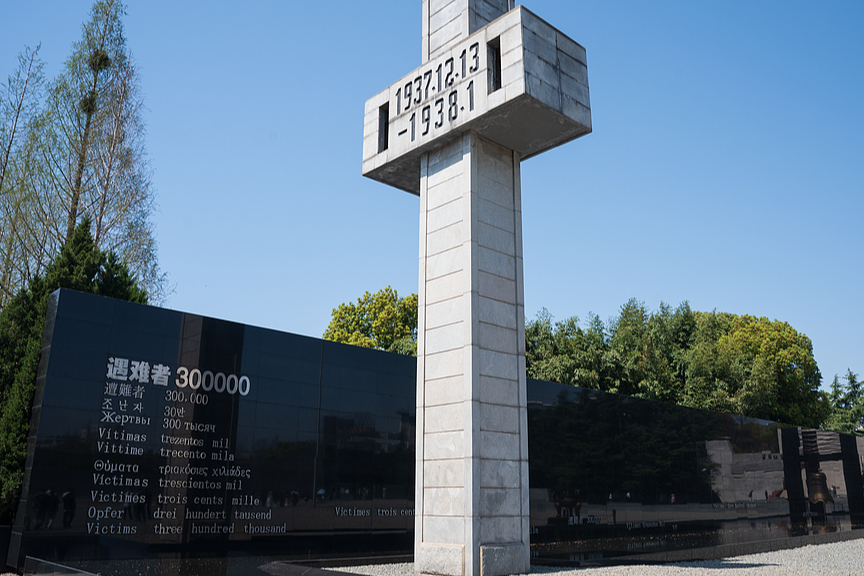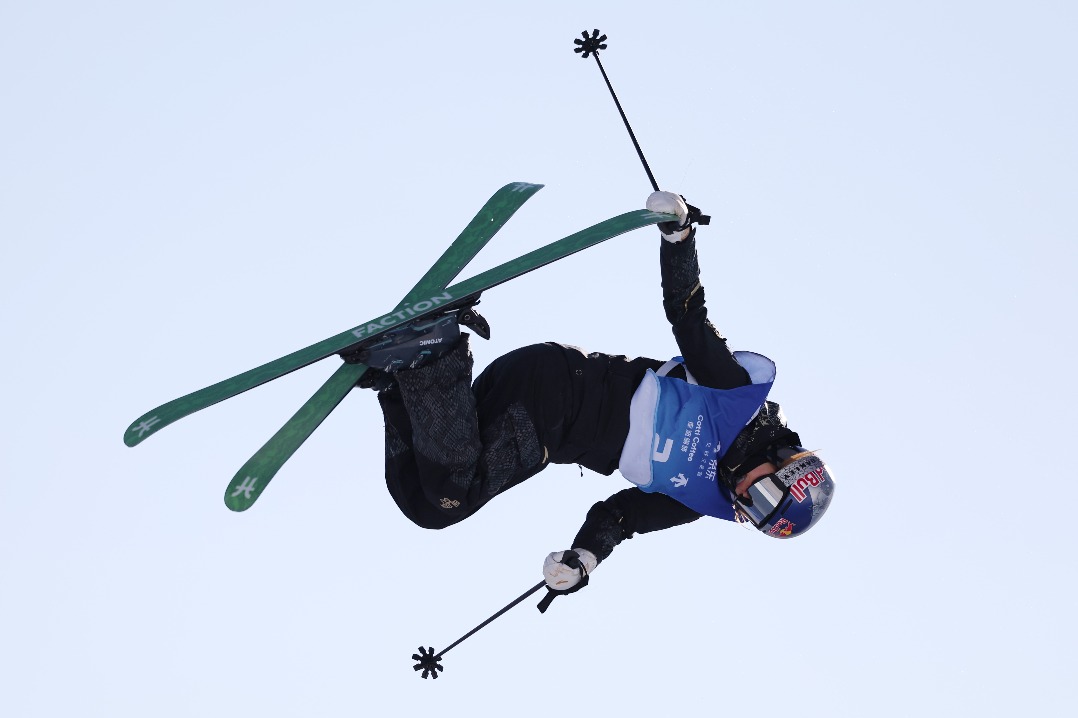Science education promoted in Beijing schools
By DU JUAN | chinadaily.com.cn | Updated: 2025-01-03 16:36
The Beijing Municipal Education Commission and other government departments, introduced 20 new measures on Friday to enhance science education in primary and secondary schools.
The initiative aims to strengthen the connection between different educational stages and develop high-quality school-based science courses, with major parts that include improving school science education quality, nurturing innovative talent, enhancing the capabilities of science teachers and integrating social resources for practical education.
The measures focus on implementing national science curricula, improving teaching evaluation and fostering collaboration between schools and universities, the announcement said.
Beijing will establish a series of STEM education model courses, ensuring that at least 10 percent of class hours in compulsory education are dedicated to interdisciplinary thematic learning.
High schools are encouraged to develop and implement interdisciplinary science courses. Practical exams in middle school physics, chemistry and biology will be required.
Universities are asked to leverage their research resources to organize events such as math and science festivals and thematic camps focusing on areas like artificial intelligence, astronomy, energy, materials and biotechnology to create a comprehensive talent cultivation system.
Universities are encouraged to open their laboratories and other scientific resources to primary and secondary students, fostering joint research efforts between schools and universities to better align teaching content and methods. High school students will be encouraged to participate in university academic activities to broaden their research horizons.
Enterprises are also encouraged to contribute to science education. Social classroom resources, student science clubs, and facilities like youth centers and science museums will supplement school education.
Artificial intelligence will be integrated into science education, providing diverse digital resources. Approved competitions will guide students' interest in science.
In addition, every primary school will aim to have at least one science teacher with a master's degree. Comprehensive training programs will improve teachers' skills, and inter-regional science education research alliances will provide professional support.
























